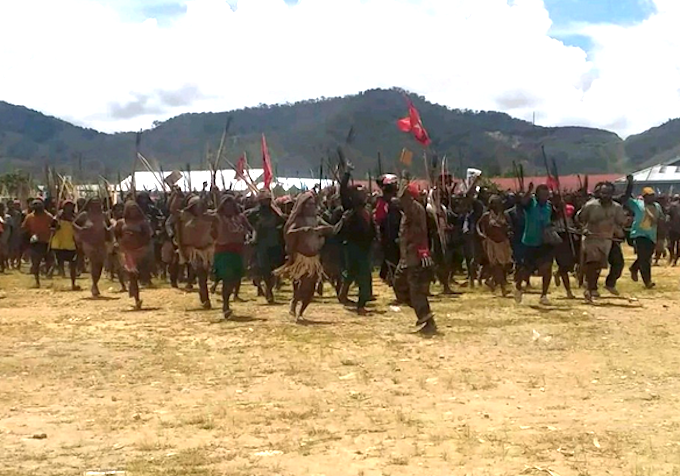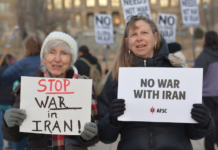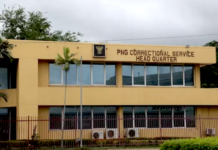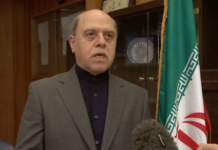
EDITORIAL: By the editorial board of The Jakarta Post
The unanimous House of Representatives decision in Indonesia last week to endorse the revised Papuan Special Autonomy Law shows, yet again, the propensity of the Jakarta elite to dictate the future of the territory, despite persistent calls to honor local demands.
This “new deal” is not likely to end violence in the resource-rich provinces, which stems in large part from Jakarta’s refusal to settle past human rights abuses there.
On paper, the revision offers some of the substantial changes needed to help Papuans close the gap with the rest of the nation. For example, it extends special autonomy funding for Papua and West Papua to 2041 and increases its amount from 2 percent to 2.25 percent of the general allocation fund, with a particular focus on health and education.
- READ MORE: MRP, MRPB to challenge Jokowi in Constitutional Court regarding Otsus Law revision
- ‘We’ll be extinct,’ warns West Papuan churches, call for halt to ‘racist’ Otsus
- Papuan People’s Assembly deems Otsus Law evaluation ‘unlawful’
- Indonesian lawmakers adopt unpopular bill to reshape Papua
- Other West Papua special autonomy law articles

The Finance Ministry estimates that over the next 20 years, the two provinces will receive Rp 234.6 trillion (US$16 billion).
The revisions also strengthen initiatives to empower native Papuans in the policy-making process by allocating one fourth of the Regional Legislative Council to native, nonpartisan Papuans by appointment. They also mandate that 30 percent of those seats go to native Papuan women.
Under the new law, a new institution will be established to “synchronize, harmonize, evaluate and coordinate” the implementation of special autonomy. Headed by the Vice President, the new body will answer to the President and will have a secretariat in Papua. The previous government formed a presidential unit to accelerate development in Papua and West Papua (UP4B), but President Joko “Jokowi” Widodo dissolved it shortly after taking office in 2014.
The chairman of the special House committee deliberating the revision, Komarudin Watubun, a Papuan, described the new law as “a breakthrough” as it would require the government to consult the Papuan and West Papuan governments in the drafting of implementing regulations.
But this is where the core problem of the special autonomy law lies. In democracy, respecting the will of the public, including dissenting views, is vital to the lawmaking process, precisely because the laws will affect that public. Public scrutiny should precede rather than follow a law, but in the case of the special autonomy law, that mechanism was dropped from the House’s deliberation, which lasted seven months, under the pretext of social distancing to contain the spread of covid-19.
The Jakarta elite have clearly left the Papuan People’s Assembly (MRP) behind as a representation of the customs and will of the provinces’ people, as well as the Papuan Legislative Council (DPRP), not to mention civil society groups, tribes and those who mistrust special autonomy and the government. In the words of MRP chief Timotius Murib, the revisions reveal Jakarta’s lack of good intentions for Papuan development.
This is not the first time the executive and legislative powers have colluded to bypass public consultation on a highly controversial bill. The tactic worked in the passage of the Job Creation Law last year, as well as the new Mining Law, and the approach is apparently repeating in the ongoing deliberation of the Criminal Code revision.
As long as the obsolete, Jakarta-centered approach remains intact, Papuan peace and prosperity will remain elusive.
This Jakarta Post editorial was published on 21 July 2021.












































